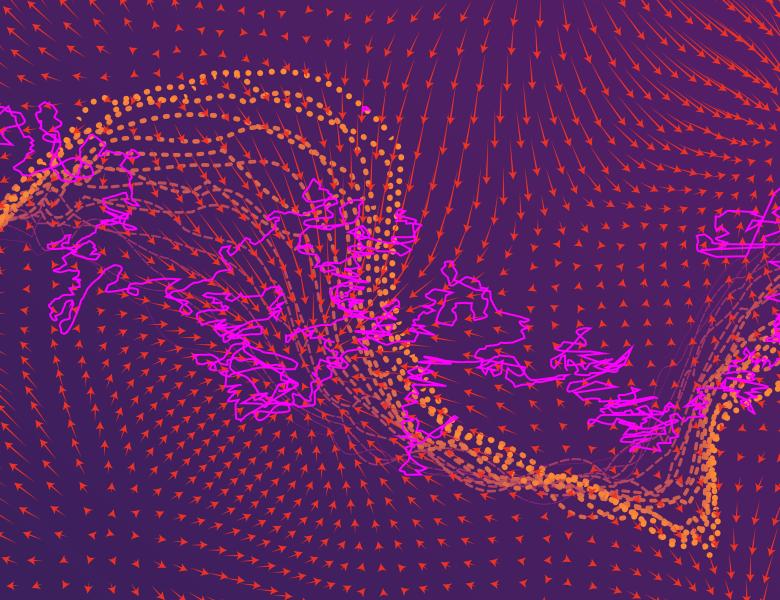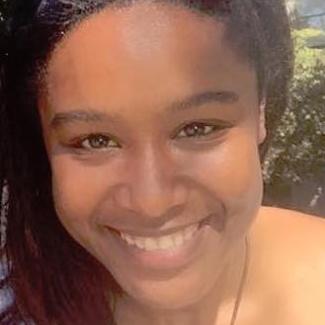
Optimization and sampling problems over group orbits and their convex hulls, called orbitopes, capture various important problems in computer science, mathematics, and physics. For instance, the problem of finding minimum norm vectors in orbits has connections with scaling problems, linear programming, and testing algebraic identities; and the set of density matrices, central to semidefinite programming and quantum computing, is an orbitope. It turns out that several orbit problems, while not convex, are geodesically convex optimization problems. There are also deep connections between orbits/orbitopes and polytopes. Recent works have developed algorithms for a number of problems that leverage these connections and, crucially, the symmetry of the problems.
This workshop will focus on algorithms for computational problems related to orbits and orbitopes, and explore connections of these objects with theoretical computer science, discrete optimization, quantum physics, statistics, mathematics, and machine learning.
This event will be held in-person and virtually.
Given current public health directives from state, local, and university authorities, all participants in Simons Institute events must be prepared to demonstrate proof of full vaccination: a vaccination card or photo of the card along with a valid photo ID, or a green Campus Access Badge via the UC Berkeley Mobile app (additional details regarding proof of vaccination can be found here).
If you require accommodation for communication, please contact our Access Coordinator at simonsevents@berkeley.edu with as much advance notice as possible.
Bharat Adsul (IIT Bombay, India), Krishnakumar Balasubramanian (UC Davis), Alexander Barvinok (University of Michigan), Peter Bürgisser (Institute of Mathematics, TU Berlin), Jose Antonio Carrillo de la Plata (University of Oxford), Matthias Christandl (University of Copenhagen), Kathleen Craig (UC Santa Barbara), Simone Di Marino (Università di Genova and Massachusetts Institute of Technology), Jelena Diakonikolas (University of Wisconsin-Madison), Irit Dinur (Weizmann Institute), Paromita Dubey (Stanford), Alain Durmus (ENS Paris-Saclay), Murat Erdogdu (University of Toronto), William Franks (MIT), Wilfrid Gangbo (UCLA), Augusto Gerolin (Vrije Universiteit Amsterdam), Fulvio Gesmundo (MPI Leipzig), Joshua Grochow (CU Boulder), Leonid Gurvits (City University of New York), Hiroshi Hirai (University of Tokyo), Franca Hoffmann (University of Bonn), Serkan Hosten (San Francisco State University), Subrahmanyam Kambhampati Venkata (), Tali Kaufman (Bar-Ilan University), Anna Korba (ENSAE Paris), Thibaut Le Gouic (Ecole Centrale), Jonathan Leake (TU Berlin), Colin McSwiggen (University of Tokyo), Rafael Mendes de Oliveira (), Andrea Montanari (Stanford University), Eric Moulines (Ecole Polytechnique), Vidyut Naware (PayPal), Sepehr Nezami (Caltech), Felix Otto (Max Planck Institute for Mathematics in the Sciences), Greta Panova (University of Southern California), Vianney Perchet (Université Paris Diderot - Paris 7), Akshay Ramachandran (University of Waterloo), Philippe Rigollet (MIT), Andrej Risteski (Carnegie Mellon University), Raman Sanyal (Goethe University Frankfurt), Anna Seigal (), Dejan Slepcev (Carnegie Mellon University), Sui Tang (UCSB), Prasad Tetali (Georgia Institute of Technology), Matthew Thorpe (University of Manchester), Frank Vallentin (University of Cologne), Maria Villar (New York University), Nisheeth Vishnoi (Yale University), Spenta Wadia (International Center for Theoretical Sciences), Michael Walter (University of Amsterdam), Jiangping Wang (PayPal), Melanie Weber (Princeton University), Max Welling (University of Amsterdam), Andre Wibisono (Yale University), Ashia Wilson (MIT), Stephen Wright (University of Wisconsin-Madison), Gerard Jan van den Brand (KTH Royal Institute of Technology)




